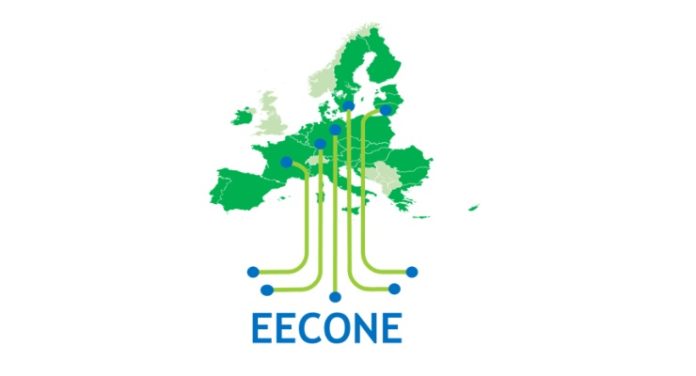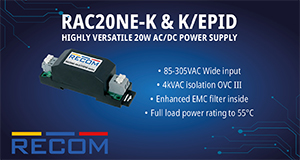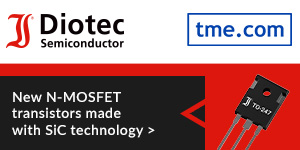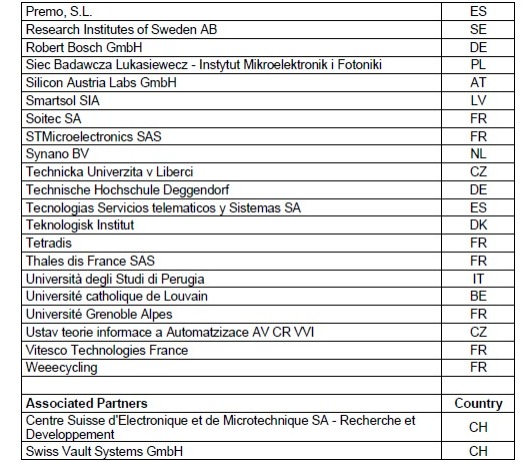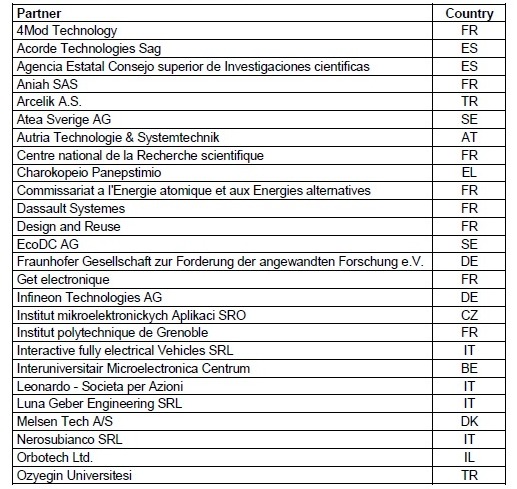Infineon Technologies AG has taken over as head and coordinator of the broad-scope European research project EECONE (European ECOsystem for greeN Electronics), intended to make electronics in Europe more sustainable. The objective is to investigate the corresponding technologies along the entire value chain, from design, manufacture and use all the way to recycling. EECONE is one of the Key Digital Technologies research projects supported by the European Union as a Joint Undertaking. 49 partners are participating in the project, which has a volume of approximately 35 million euros total costs. The project is being funded by the European Union and the national governments of the participating companies with around 20 million euros.
“Electronics are fundamental to improving the sustainability of many applications.
But this is not sufficient, electronics themselves have to become greener,” says
Constanze Hufenbecher, Infineon Management Board member and Chief Digital
Transformation Officer. “Infineon is pleased to take on the lead role in the research
project EECONE in order to advance the circular economy together with our
partners along the value chain. The only way to achieve sustainability from design
and use and all the way to recycling is by working together.”
EECONE is aligned with the 6R concept (Reduce, Reliability, Repair, Reuse, Refurbish, Recycle); the amount of materials required by electronics is to be reduced, electronics are to be made more reliable, easier to fix and use again, and easier to recondition and to recycle. The project will investigate a total of ten application examples from the widest possible variety of fields in terms of developing green electronics. The applications are from the areas Automotive, Consumer Electronics, Health, Information and Communication Technologies, Aviation and Agriculture. Focus points are for example reducing the amount of material used by making circuit boards thinner or smaller, or improving sustainability by introducing materials which are easier to separate during recycling. Facilitating the replacement of not only circuit boards but also of semiconductors is to make it easier to repair devices. The technologies involved could also make it possible to reuse and recycle electronic components. The project will in addition develop technologies which for example generate and store their own power in IoT devices. New, ecologically friendly materials are to make it easier to recycle lithium-ion batteries. Artificial Intelligence will be used to prolong the service lives of electronic equipment, while tools for more sustainable electronic design, including comprehensive impact assessments for the use of electronics, are to be developed as well. EECONE also covers the use, dissemination and standardization of electronics and will train specialists in handling electronic refuse.
The EECONE research project has a planned duration of three years. It will establish decisive foundations for the sustainable development, manufacturing and use of electronics in Europe. The on-site inaugural event of the project will be held in Toulouse on 20 and 21 September 2023.



